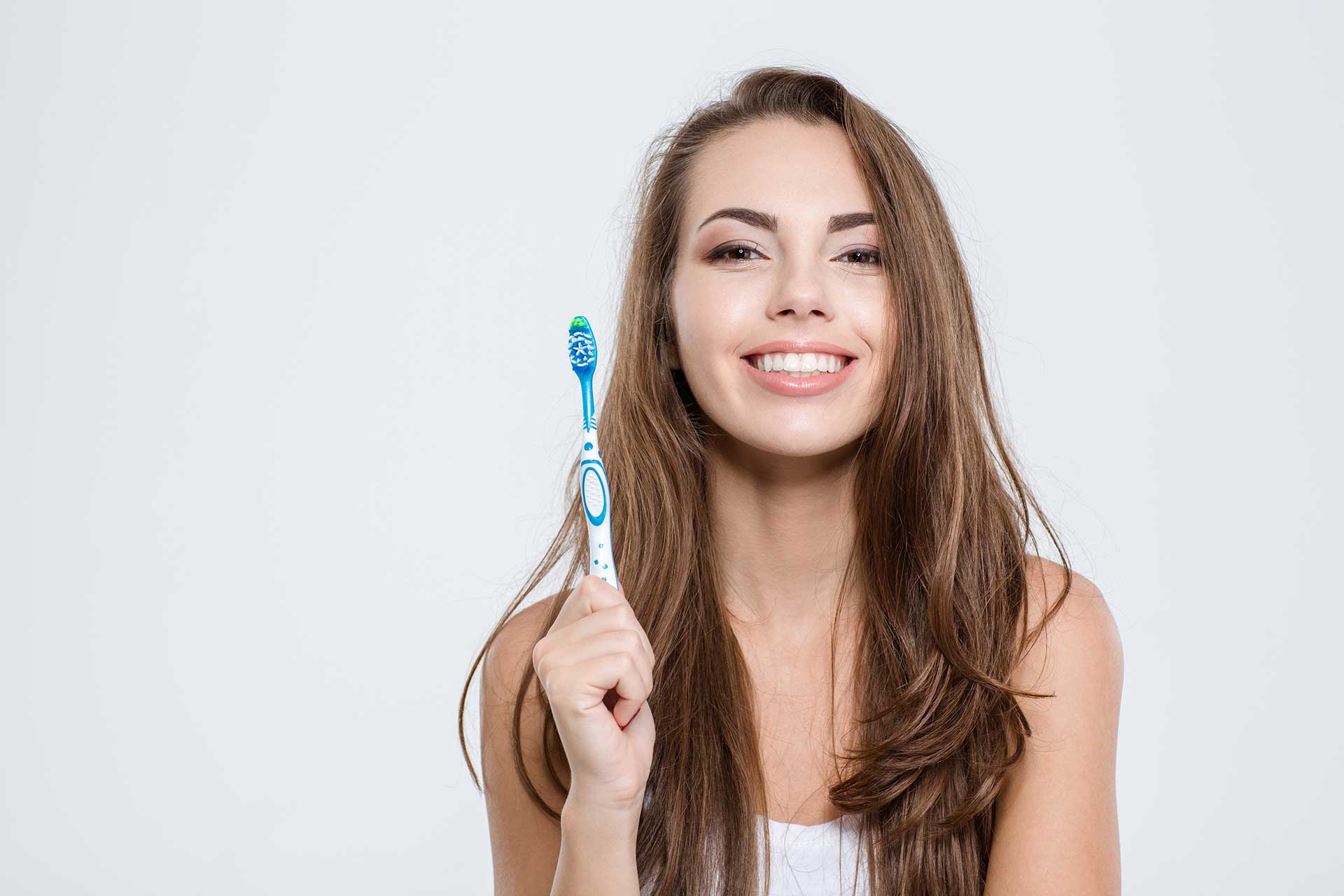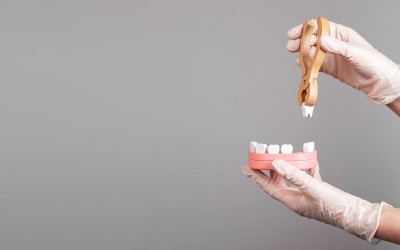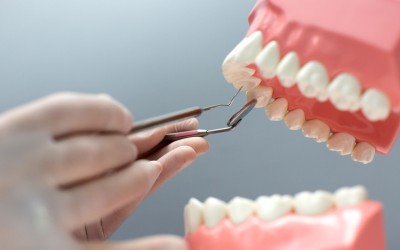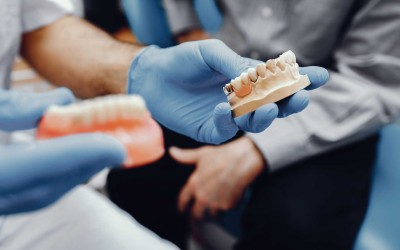6 Mistakes to Avoid While Brushing Your Teeth

6 Mistakes to Avoid While Brushing Your Teeth
- 24 March 2024
- 2530 views
6 common mistakes made while brushing teeth. Learn the correct methods from our experts, and take the right steps for a healthy smile.
This content is for informational purposes only and does not replace medical advice, diagnosis, or treatment. Please consult a healthcare professional for any health concerns.
Table of Contents
Maintaining a toothbrushing routine is crucial for overall oral health. However, some individuals fall short in this important step due to unconscious mistakes made during brushing. So, what are the mistakes to avoid while toothbrushing?
What Not to Do While Brushing Your Teeth
Here are 6 mistakes to avoid while brushing your teeth:
- Not Changing the Toothbrush: Failing to regularly change your toothbrush can lead to wear and loss of effectiveness. It's important to replace your toothbrush every three months or when the bristles become worn out.
- Brushing Too Quickly and Inadequately: Rushing through brushing or not allocating enough time can result in incomplete cleaning of teeth and gums. Typically, brushing should last for two minutes.
- Making Mistakes in Brush Selection: Errors in choosing a toothbrush are also quite common. If the bristles are too hard, they can harm the gums. If they're too soft, they may not provide effective cleaning. It's advisable to choose a toothbrush with soft or medium bristles.
- Applying Excessive Pressure While Brushing: Applying too much pressure while brushing can damage the tooth enamel and gums. Brushing with gentle, controlled movements will be more effective and healthy.
- Focusing on the Same Area: Over-focusing on one area can lead to neglecting other areas. It's important to give equal attention to each tooth and tooth surface while brushing.
- Not Using Mouthwash: Not using mouthwash after brushing can miss the opportunity to completely clean bacteria and plaque in the mouth. Mouthwash usage can support your oral hygiene.
Tips for Developing the Right Toothbrushing Habit
Here are some recommendations for improving your toothbrushing habit:
- Correct Technique: Brush your teeth and gums gently. Seek advice from your dentist about proper brushing techniques.
- Regular Dental Check-Ups: Visit your dentist regularly for dental check-ups to monitor your dental health. Professional cleanings can enhance the effectiveness of brushing.
- Use of Dental Floss and Mouthwash: In addition to brushing, you can complete your oral hygiene routine by using dental floss and mouthwash.
Motivation to Improve Toothbrushing Habit
Here's what you can do to improve your toothbrushing habit:
- Set-up Reminders: Add reminders to your daily routine to reduce the risk of forgetting to brush. For example, set alarms on your phone or calendar.
- Create a Reward System: Set small rewards for yourself when you brush your teeth regularly every day. This can motivate you to improve your habits.
- Use Your Favorite Products: Use your favorite toothpaste or toothbrush to make the process more enjoyable.
Be Conscious to Avoid Wrong Habits
Here are some habits to avoid while toothbrushing:
- Sharing Toothbrushes: Sharing your toothbrush with others can increase the risk of bacteria and infection. Always use a personal toothbrush.
- Storing Toothbrush in a Closed Container: Storing your toothbrush in a closed container can lead to moisture and bacterial buildup. Store your toothbrush in an open and airy place.
- Brushing Too Hard: Brushing with excessive force can strain the tooth enamel and gums. Brush with gentle and controlled movements.
Integrating Dental Health Habits into Daily Life
You can integrate dental health habits into your daily life with the following suggestions:
- Carry a Toothbrush and Toothpaste: Carry a brushing set with you at work or school to brush your teeth after meals. This helps maintain your oral hygiene throughout the day.
- Share the Toothbrushing Process: Establish a brushing habit with your family or roommates. This can help motivate each other.
Healthy toothbrushing habits are important for maintaining overall oral health and preventing various dental problems. By avoiding these mistakes and following the recommendations, you can improve your regular dental care habits and achieve a beautiful smile. If you have any dental issues or questions about habit changes, it's important to seek professional advice from a dentist.







